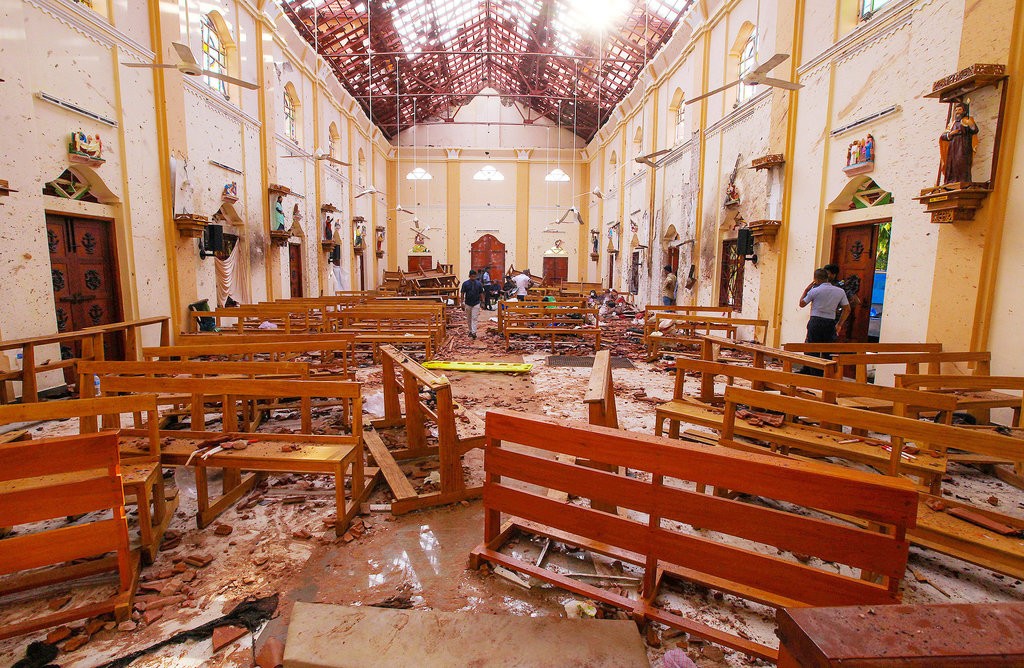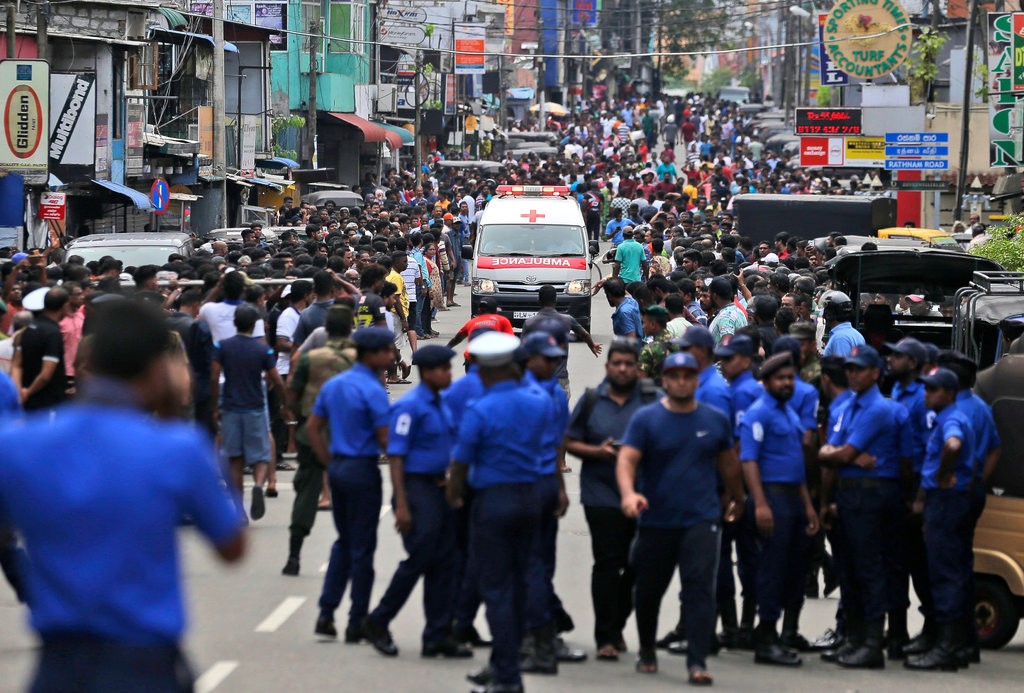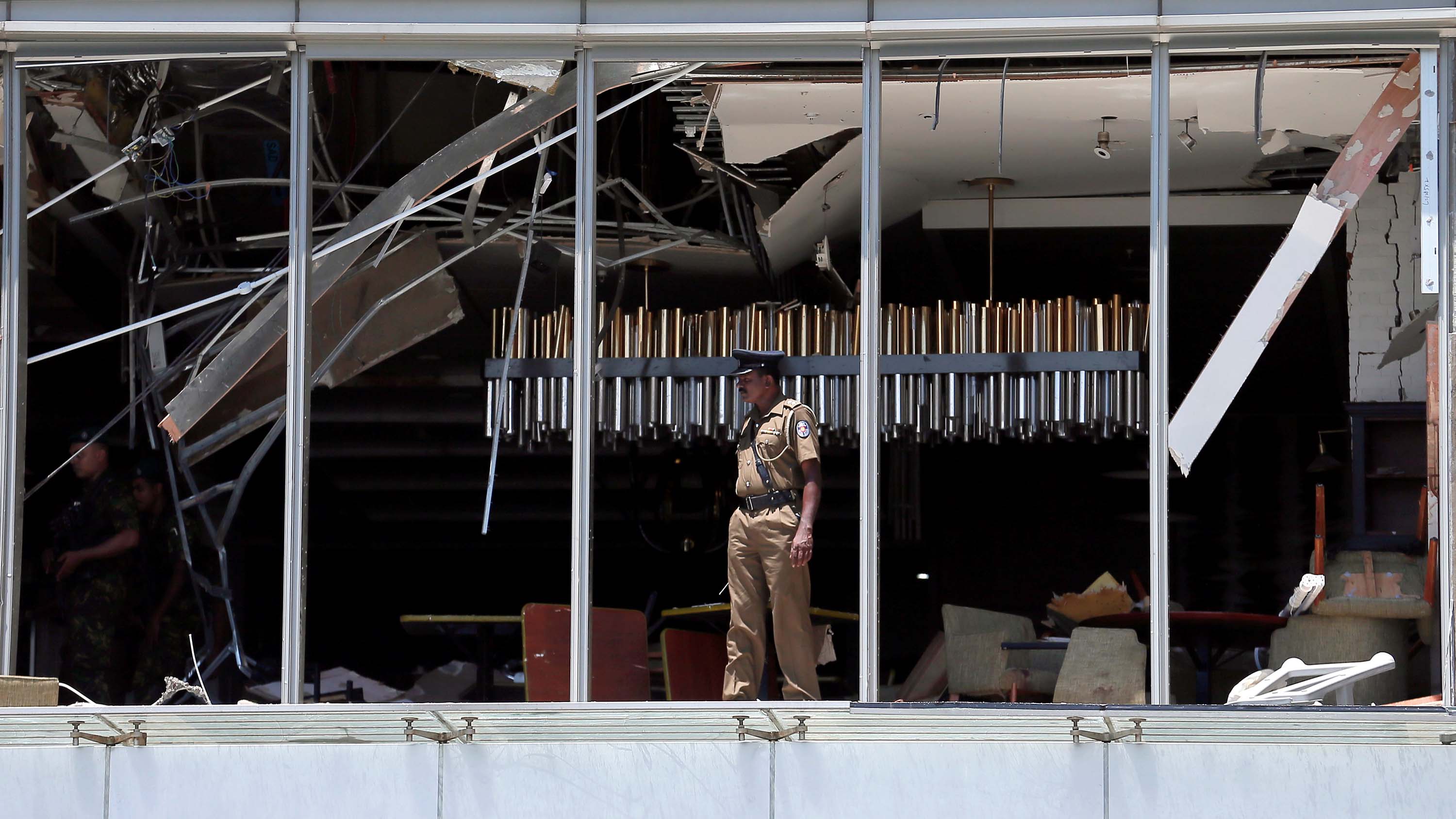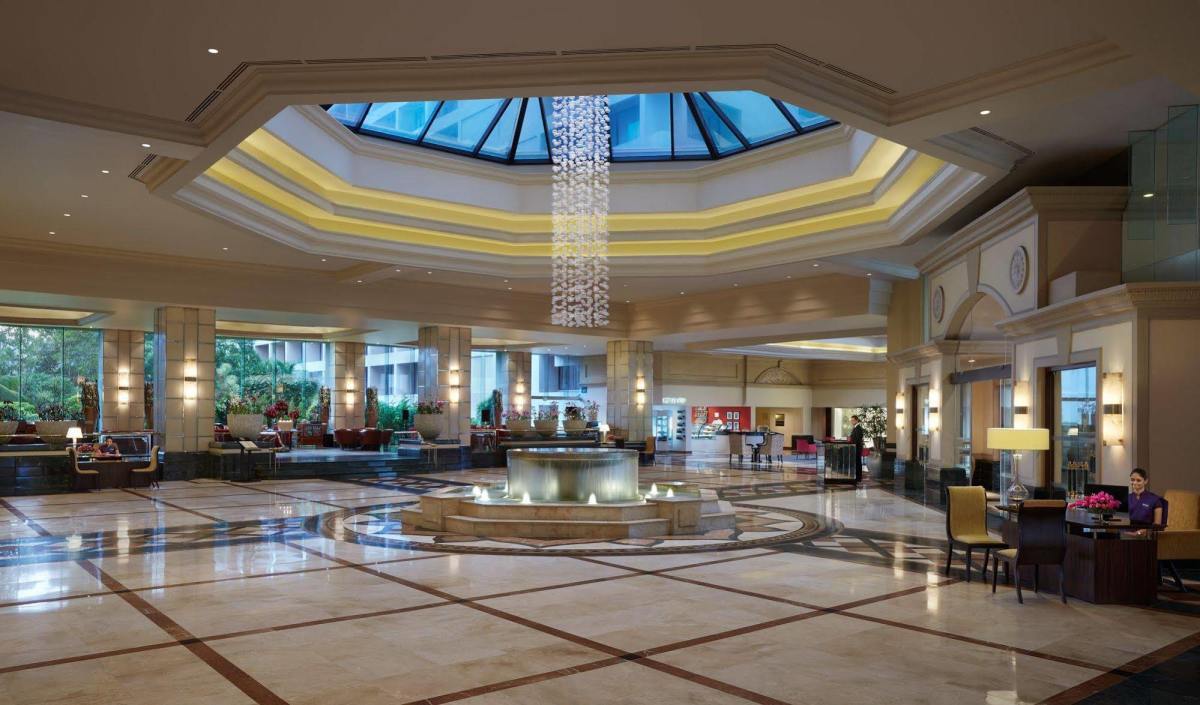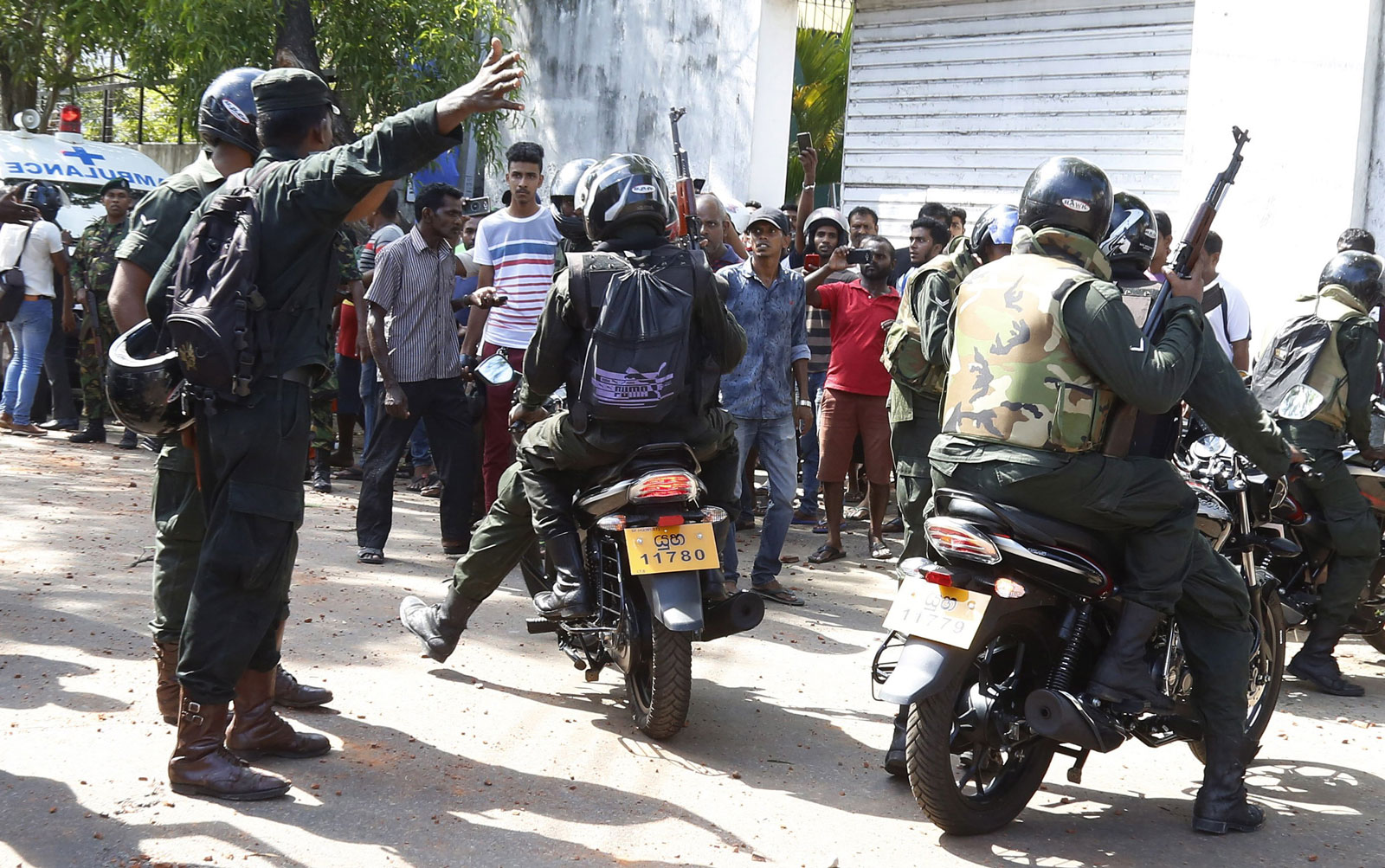8 Things You Should Know About The 8 Bombings In Sri Lanka That Killed Nearly 300
The attacks marked the end of a relatively peaceful decade in the country.
Sri Lanka was rocked with a string of bombings on Easter Sunday yesterday, 21 April
Eight explosions hit churches and luxury hotels across the country beginning 8.45am local time (11.15am Malaysian time) yesterday, reported BBC.
The bombings are the largest attacks carried out against Sri Lankan Christians in recent times.
1. 290 people have been confirmed dead, and 500 wounded
The Guardian reported local police spokesman Ruwan Gunasekera as saying that the death toll rose to 290 earlier today, 22 April.
According to New York Times, at least 35 of the dead were foreigners – including citizens from the US, Britain, India, Japan, and Turkey.
2. The bombs went off in mostly churches and luxury hotels across the island
CNN reported that a few of the bombs were detonated in churches during Easter services. Meanwhile, the final explosion occurred at a house in Colombo while police officers were conducting a raid.
Six of the explosions happened almost simultaneously, while the other two occurred hours later.
3. One of the suicide bombers detonated explosives while queuing up for a hotel breakfast buffet
New Straits Times reported that a suicide bomber was waiting in a queue for the breakfast buffet at Cinnamon Grand Hotel, Colombo before setting off the bomb strapped to his back yesterday.
The man, who had registered himself as Mohamed Azzam Mohamed, was about to be served before the explosion occurred.
"It was busy, it was families... He came up to the top of the queue and set off the blast," a manager at the hotel said.
4. 24 people have been arrested in connection with the attacks
According to The Guardian, at least 13 of the people arrested were from the same radical group.
A van and its driver were seized and arrested for allegedly transporting the suspects into Colombo.
A safe house, which was allegedly used by the attackers, were also raided by the police. Unfortunately, three police officers were killed in the eighth explosion that occurred in the house.
5. Local police were warned of an attack on Christian churches 10 days before the explosions
AFP reported that Pujuth Jayasundara, the country's chief of police, issued an intelligence alert to top officers on 11 April warning that suicide bombers were allegedly planning to hit "prominent churches".
"A foreign intelligence agency has reported that the NTJ (National Thowheeth Jama'ath) is planning to carry out suicide attacks targeting prominent churches, as well as the Indian high commission in Colombo," Pujuth said in the alert.
NTJ is reportedly a radical Muslim group linked to the vandalisation of Buddhist statues in the Buddhist-majority country last year.
However, no group has claimed responsibility for the attacks at the time of writing.
6. Another bomb was defused near Colombo airport late last night
The Guardian reported that the "crude six-foot pipe bomb", which was homemade, was found by the roadside near the Bandaranaike International Airport.
It was then discovered by the police at around 10.15pm local time (12.45am Malaysian time) and made safe.
7. A 12-hour curfew was imposed across the island-country
The curfew began on 6pm local time (8.30pm Malaysian time) yesterday, and ended 6am (8.30am Malaysian time) local time earlier today.
Meanwhile, a nationwide block on social media remains in place. According to CNN, tourists and residents were unable to log on to social media without a Virtual Private Network (VPN) or a foreign SIM card.
8. Christians and Muslims make up less than 20% of the population in the Buddhist-majority country
82% of the Christians in Sri Lanka are Roman Catholic, while Muslims make up 9.7% of the population.
AFP reported that there have been no attacks in the country linked to foreign Islamist groups. Nonetheless, four men from a newly formed radical Muslim group were reportedly arrested in January this year for possessing explosives and detonators.
The Easter Sunday explosions are the deadliest in a relatively peaceful Sri Lanka since the end of its civil war in 2009. The war, which saw the Tamil Tigers defeated, is estimated to have killed between 70,000 and 80,000 people.
